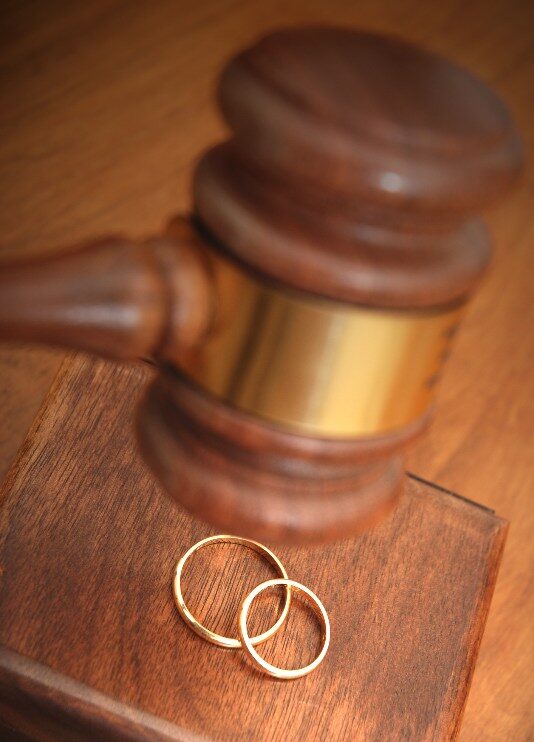What Happens When a Divorce Decree Is Not Followed?

Divorce can be emotionally and financially challenging, and the final decree is meant to bring closure and clarity. But what happens when one party doesn’t follow the terms of the divorce decree? From unpaid alimony to ignored custody agreements to withheld property, non-compliance creates new legal and emotional difficulties. Here’s what you need to know about the consequences of not following a divorce decree.
Common Divorce Decree Violations
A divorce decree outlines clear obligations for both parties. Some of the most common violations include:
- Failure to pay child or spousal support as ordered
- Refusal to transfer assets, such as property or retirement funds
- Violation of child custody or visitation agreements
- Failure to comply with specific instructions, like selling a jointly owned property
Steps to Take if Your Ex Is Not Following the Divorce Decree
If your ex is violating the decree, act quickly to protect your rights. The longer you wait, the harder it may become to resolve the problem. Start with these steps:
- Review the divorce decree: A misunderstanding or unclear language could be at the root of the issue, so review the decree to confirm the exact terms and ensure your ex is truly in violation.
- Communicate: Sometimes, a direct, respectful conversation can resolve the problem. Ensure you document any agreements or acknowledgments your ex makes regarding their violation.
- Document instances: Keep detailed records showing when your ex fails to comply. This includes missing payments, withholding property, or breaching custody agreements.
- Consult an attorney: A family law attorney can help you understand your legal options, from mediation to court intervention. They’ll guide you as you pursue enforcement options.
Legal Consequences for Not Following a Divorce Decree
Courts take violations of divorce decrees very seriously. If informal efforts don’t resolve the issue, legal remedies are available:
- Contempt of court: Willfully failing to follow a divorce decree is considered contempt of court. This can lead to fines, wage garnishment, or even jail time to encourage the non-compliant party to change their ways.
- Enforcement actions: The court may demand compliance by ordering asset seizure, suspending licenses, or enacting other penalties.
- Modification of orders: If circumstances have changed, the court may adjust the terms of the decree. However, this involves going through a formal request and approval process.
Seek Legal Support Today
Figuring out what to do when a divorce decree is not being followed requires expertise. Without legal representation, you risk delays or an unfavorable outcome. That’s why you should partner with the Law Offices of Robert E. O’Connor, P.C.
Our skilled attorney will handle your case professionally and with your best interests in mind. With over 25 years of family law experience, Mr. O’Connor can confidently enforce your divorce decree, resolving violations quickly and restoring fairness. Schedule a free consultation at our office in Media, PA, and we’ll take the stress out of protecting your rights.
